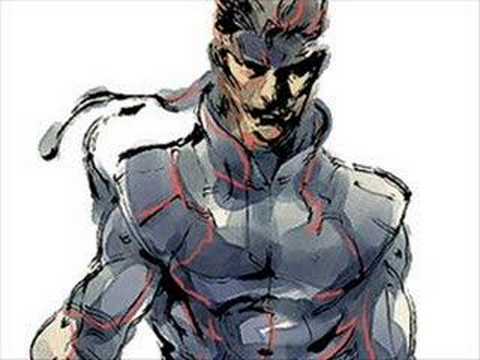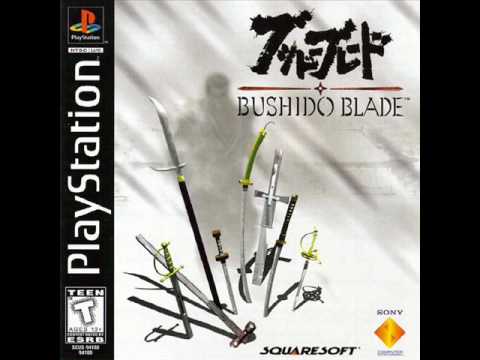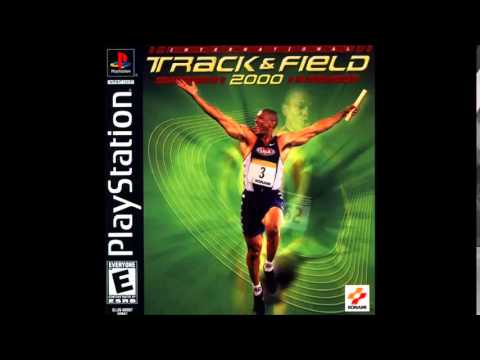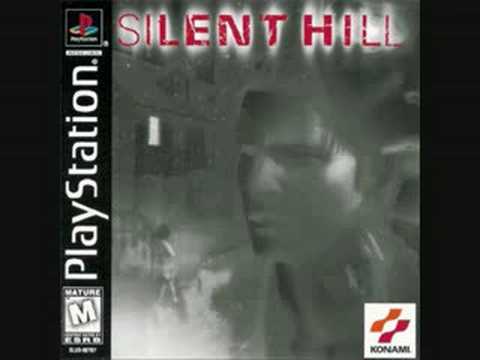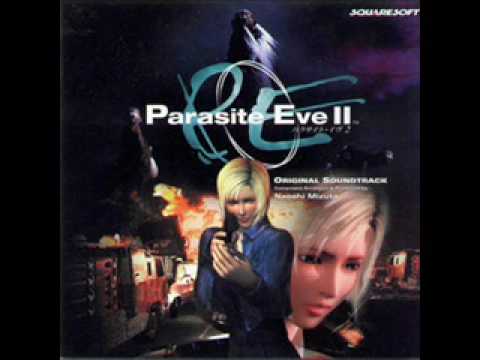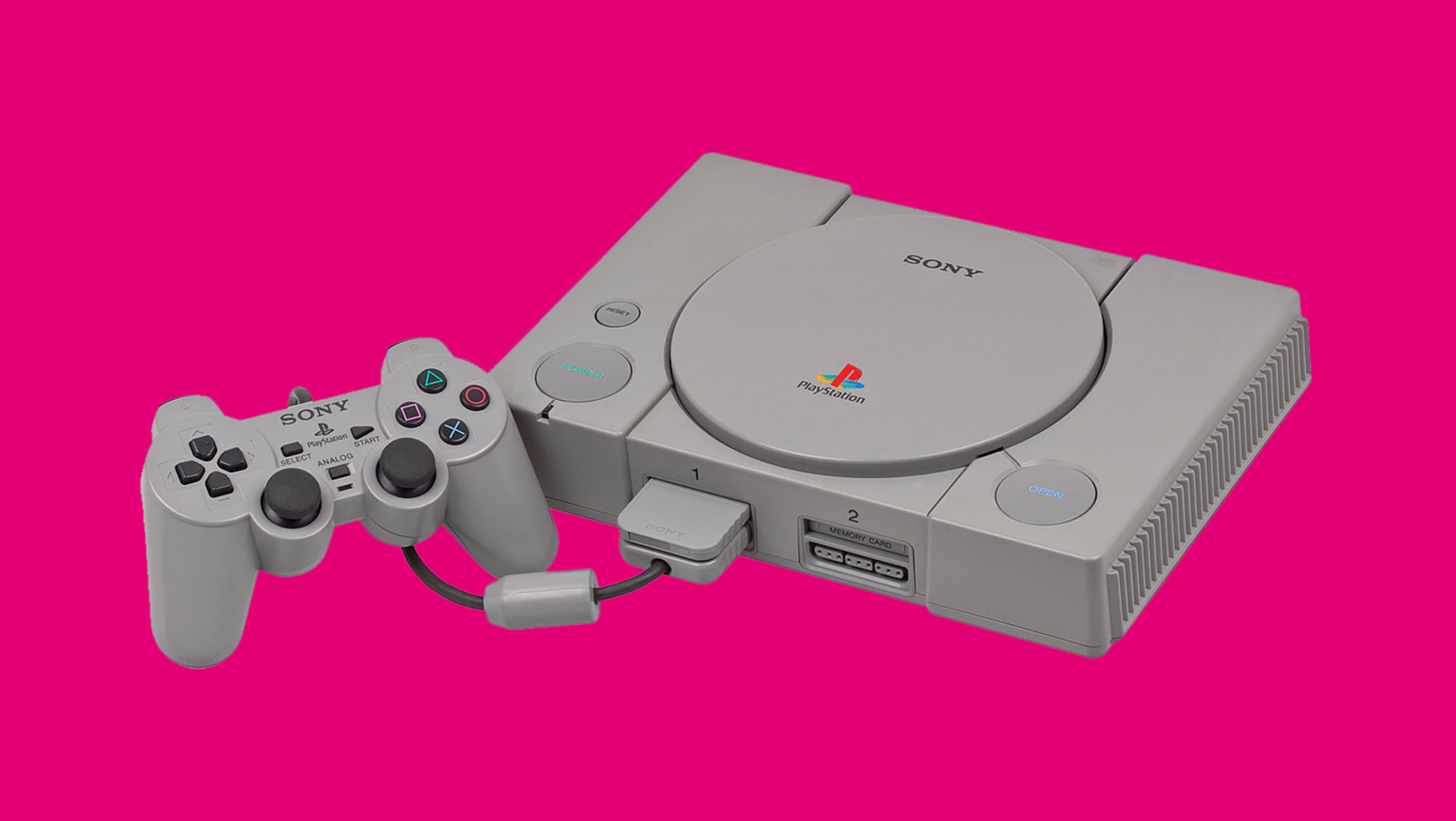
16 Video Game Soundtracks That Defined The Sound Of The Sony Playstation
Back in the '90s, Sony's PlayStation video game console helped to usher in a new era for sound in gaming.
Back in the ’90s, Sony’s PlayStation video game console helped to usher in a new era for sound in gaming. The PlayStation was one of the first consoles to use CDs instead of cartridges, which allowed game music composers to employ CD-quality audio recordings. The result was a new wave of wildly creative video game soundtracks that often drew inspiration from techno, house, drum and bass, ambient and other exciting new electronic splinter genres. It may not have been the first to sport a disc drive, but it was unquestionably the first to become a major commercial success, and the work from that era still remains inspiring and influential to this day.
The people behind these original PlayStation soundtracks were in some cases even drawn from the Japanese techno scene itself, as in the case of Ghost In The Shell: Megatech Body, which features Takkyu Ishino (as well as many international techno heavyweights of the era).
The original PlayStation is back in the spotlight this holiday season thanks to Sony’s release of the so-called PlayStation Classic, a miniature version of the console that comes pre-loaded with 20 games that include classics like Final Fantasy VII, Metal Gear Solid and Tekken 3. What’s surprising about many of these games is just how good the music is. We asked video game soundtrack enthusiast Charley McDermott-Edwards to select a few of the most defining soundtracks of that original PlayStation era.
METAL GEAR SOLID (Konami 1998)
“The PlayStation Classic comes with 20 pre-loaded games that are a collection of iconic releases ranging from Rayman to Resident Evil. Included within these is the 1998 release of Metal Gear Solid, a continuation of the Metal Gear series that was formally on Sony’s home computer of the period, the MSX. It was directed by Hideo Kojima, who managed to make MGS one of the most cinematic games of its time with long cutscenes, dialogue exchanges and a gripping soundtrack that sticks with you long after you’ve finished the game.”
POLICENAUTS (Konami 1996)
“Policenauts was another project of Kojima’s, released two years earlier in1996 for PlayStation. At this time, video game companies in Japan would often have their own bands and composer teams. The Konami Kukeiha Club was responsible for this ending title music for Policenauts. Any Metal Gear Solid fans out there may notice a few astute similarities between these two Kojima soundtracks.”
ODDWORLD: ABE’S ODYSSEY (GT Interactive 1997)
https://www.youtube.com/watch?v=uBL-HHiEqZw&index=4&list=PL5XIvY1jdiVj4GNcM7OWKxt2jVBCl_SrX
“Another title to be included with the PlayStation Classic bundle is this beloved platformer from the Oddworld series. This game nails it on the design front—it’s just teeming with character and weirdness—but it’s soundtrack is very interesting too. It’s a blend of new age, industrial and ’90s attitude. It reminds me of what it would sound like if Paul Haslinger was commissioned to make concentration music for wayward aliens.”
TEKKEN 2 (Namco 1996)
https://www.youtube.com/watch?v=_MUNvXN8HyM
“Tekken 3 is a game included with the PS Classic bundle too, and that’s great—but Tekken 2’s soundtrack has a tad more personality. It captures the essence of the ’90s so well with a wonderfully diverse soundscore that is reflective of the various playable characters in the game. This theme for Anna Williams is smooth as hell.”
STREET FIGHTER ALPHA 3 (Capcom 1998)
“Fighting games often have a tendency to have excellent soundtracks in video games. The PlayStation One was no exception with Capcom’s Street Fighter series entry: Alpha 3. The soundtrack was made by the in-house Capcom composer team, sometimes known as Alph Lyla. Music like this was basically made for the arcades of the period and the PS1 helped to bring these sounds into the home too.”
BUSHIDO BLADE (Light Weight 1997)
“This game’s soundtrack is awesome! Its composer Shinji Hosoe mixes elements of Japanese traditional music with breaky, trancey, industrial-y sequences.”
GHOST IN THE SHELL: MEGATECH BODY (Sony Computer Entertainment 1997)
“Techno was a global force in the ’90s and there’s a wealth of superb techno tracks that exist in the PlayStation’s library. In Japan in particular there was an emergent techno scene which made a big impact on the video game music of the ’90s (if you’d like discover some albums from this movement, I can’t recommend this article enough!). Producers such as Takkyu Ishino worked as composers in the animation and video game industries, bringing a new flavor of sound to games.
This game, Ghost in the Shell: Megatech Body, is a great example of the success that can be brought about by combining sentient tank battles with techno bangers.”
INTERNATIONAL TRACK & FIELD 2000 (Konami 1999)
“International Track & Field 2000 has a more smooth and lounge-tinted approach to its techno-inspired score. This linked track is a great representation of the sub-genre of video game music that is ‘menu music’. Tracks such as this have to find that balance between being repetitive/loopable and endlessly listenable.”
THE SILVER CASE (Grasshopper Manufacture 1999)
“The Silver Case was a Playstation game released in 1999 and was developed by a young company called Grasshopper Manufacturer. This was the beginning of a wonderful collaboration between director Goichi Suda (a.k.a Suda51) and composer Masafumi Takada. Over their 20 years working together, they’ve made some of the most zany and amazing soundtracks ever for games like No More Heroes and Killer 7. The Silver Case is fantastic, with an intelligent crime thriller story soundtracked by classy ’90s jam-sesh-style house music.”
SILENT BOMBER (Bandai 1999)
“Most of the tracks on Silent Bomber’s soundtrack are between one and two minutes long, and listening to the whole album is an exhilarating experience. This here is a real fusion of techno and arcade sounds that constantly bounces between emotive and club-ready vibes.”
CASTLEVANIA: CHRONICLES (Konami 2001)
“A YouTube comment on this tracks video admirably describes it as ‘Vaporvania’. This song in particular—but also the whole soundtrack for Castlevania: Chronicles—is indeed very inventive. Who would’ve thought spooky castle music, lounge and hardcore would go together so well?”
CASTLEVANIA: SYMPHONY OF THE NIGHT (Konami 1997)
“Of course, Castlevania can’t be mentioned without putting Castlevania: Symphony of the Night on this list too. This game was released in 1997 by Konami and was regarded at the time as one of the best games ever released. And that’s a point that still rings true today. Its composer Michiru Yamane created a highly diverse original soundtrack. There’s absolutely loads of tracks and a variety of genres to be enjoyed. But this harpsichord mayhem linked above is a nice example of how far video game music had progressed from its 16-bit roots.
HEART OF DARKNESS (Amazing Studio 1998)
“One of the first solely orchestral soundtracks in video game history, Heart of Darkness really blurred the line of supposed quality between video games and films in regards to its score. Composed by television/ film composer Bruce Broughton, this soundtrack is an early example of ‘storytelling music’ being used in games. This is music that is far more flexible and adapted to expressing a wider range of emotions, something that in 1998 was quite unprecedented in video games, but certainly a promising sign of things to come.”
SILENT HILL (Konami 1999)
“The soundtrack to Silent Hill by Akira Yamoaka in 1999 is a soundscore that really pushes boundaries. Silent Hill will be remembered as the game that moved horror video games away from the Resident Evil ‘jump-scare’ style into a more mature form of psychological terror. The soundscore is phenomenal in how it really focuses on portraying an atmosphere. It cleverly uses inspiration from industrial music (Trent Reznor of Nine Inch Nails was idolised by Yamaoka) to make unsettling, dreary or dreamy orchestrations. Yamaoka would go on to perfect this technique with his greatest work, the soundtrack for Silent Hill 2 on PlayStation 2.”
PARASITE EVE 2 (Square 1998)
“Continuing with the theme of high-brow PlayStation One scores, here’s something from the 1998 release of Parasite Eve 2. Yoko Shimomura was the composer and she had similar ideas to Akira Yamoaka on how a more delicate and inspired approach can produce results. This soundtrack leans more towards electronica in general with a haunting vocal component. If you happen to obtain a Japanese PlayStation Classic, this game is included in the pre-loaded bundle.”
APE ESCAPE (SCE Japan Studio 1999)
“Ape Escape is a connoisseur’s Playstation One soundtrack, and it also happens to be a ratified classic! The music was done by Japanese house mainstay Soichi Terada. There are so many different styles at play: dub, breaks, IDM and electronica all mix together. It’s a real classic. In the video game world, this translates into a great recipe for monkey-related shenanigans! “
Published November 29, 2018. Words by EB Team.

